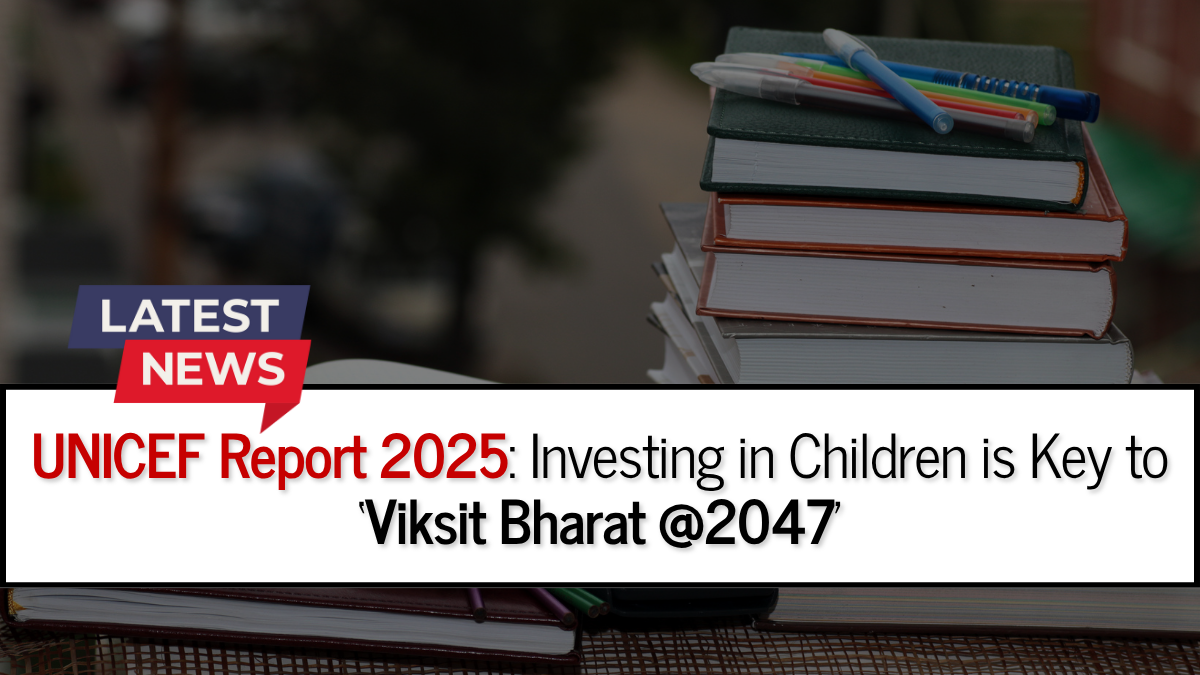Key Points
- UNICEF State of the World Children Report 2025 points to ongoing global child deprivation.
- Despite India lifting 248 million people out of poverty, many children still lack essentials.
- Experts stress that sustained public investment in children is the real engine of transformation.
New Delhi: The United Nations Children's Fund (UNICEF) State of the World's Children Report 2025, released today, November 20, 2025 on World Children's Day, advocates for investing in children's wellbeing. The report reveals that over 1 in 5 children in low- and middle-income countries are deprived of at least two critical areas for health and development, lacking access to basic services like education, clean water, and healthcare, which deepens inequality. Vulnerable children include the youngest, those with disabilities, and those in crises, with climate shocks and political issues exacerbating hardship.
UNICEF India Representative, Cynthia McCaffrey, highlighted India's significant progress, noting 248 million citizens, including children, escaped multidimensional poverty between 2013-14 and 2022-23, with the national MPI dropping to 11.3%. This progress is linked to increased social protection coverage and sustained social sector investments, steering India towards SDG 1.2. McCaffrey stressed that ending child poverty is achievable, and India's effective flagship programmes like Poshan Abhiyaan and Samagra Shiksha converge to deliver vital services.
Experts emphasized the importance of sustained public investments. Dr. Pinaki Chakraborty advised safeguarding fiscal space for child programmes. Dr. Nilanjan Ghosh argued that "Viksit Bharat @2047" requires embedding equity and sustainability, with investments in children being the "real engine of transformation."
Despite progress, the report notes 206 million children in India still lack at least one of six essential services, and 62 million experience two or more deprivations. The report calls on governments to make ending child poverty a national priority, expand social protection, ensure equitable access to quality services, promote decent work for caregivers, and empower children's participation. The final message is that the tools exist; what is needed is the collective will to act.
About UNICEF
UNICEF is the UN agency that works to protect the rights of children everywhere. It operates in over 190 places, focusing on the children who need the most help. UNICEF is dedicated to ensuring all children survive, grow, and reach their potential.

Comments
All Comments (0)
Join the conversation